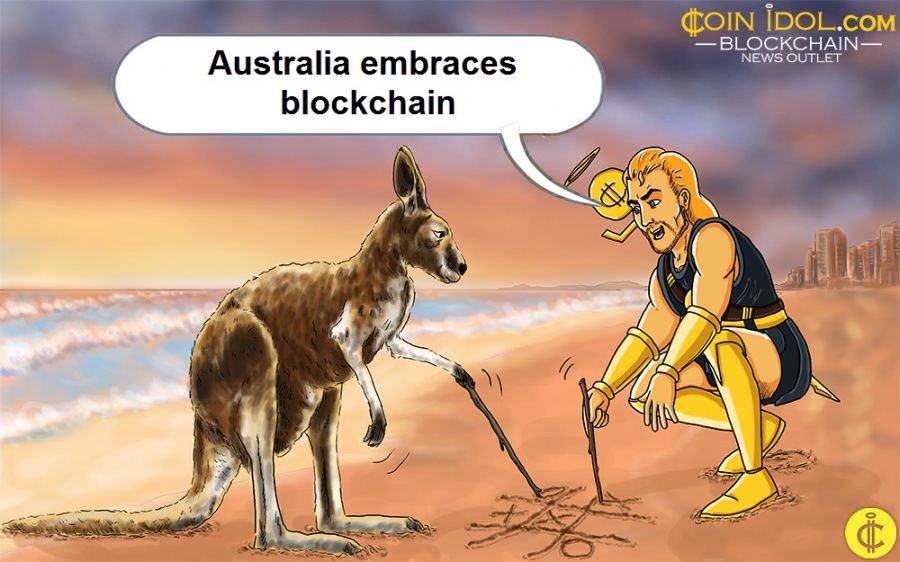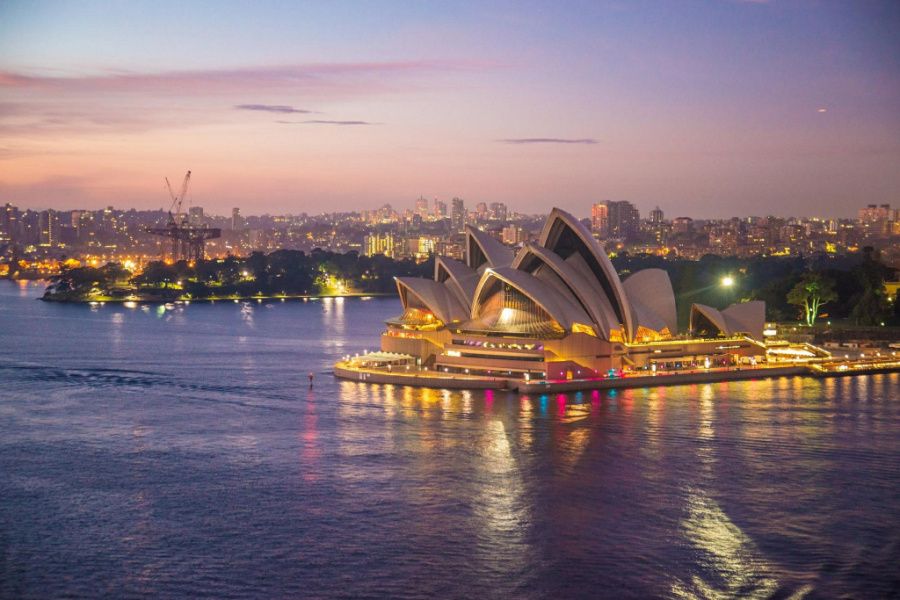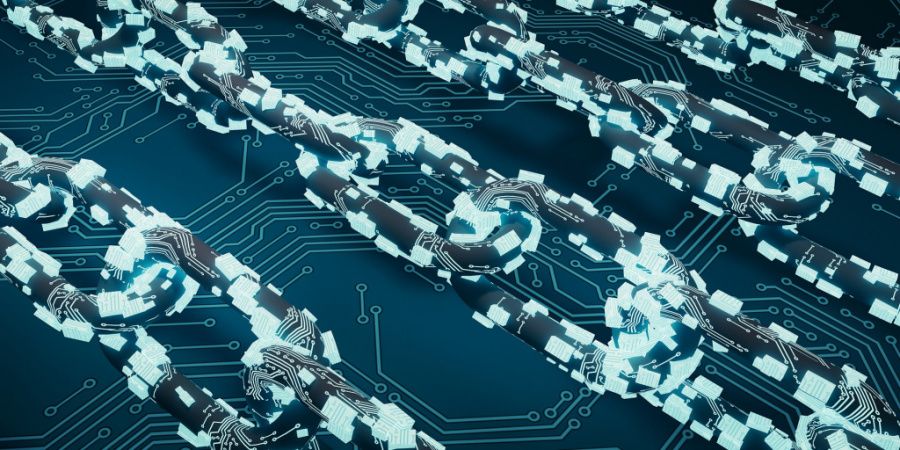Heading to a Blockchain-Backed Future: Australia Pours Fresh $4.2 Million into Blockchain Pilot Project

The Australian government is working its way from traditional to blockchain technology. The Morrison government keeps pouring funds into blockchain research. On July 13, it announced fresh funding of AU $5.6 million, about $4.2 million to support the two mega blockchain pilot projects that will put Australia on the path to blockchain development.
Australia embraces emerging technologies, accepts crypto for payments
Australia, a country of about 25 million people, is a well-known tourist destination in the world, with up to 9 million overseas tourists visiting each year. To become more attractive to international visitors, Australia has adopted most of the modern technologies in its sectors. The country has been liberal in implementing crypto regulations. Although the Australian government is cracking down on crypto crimes, cryptocurrencies, digital assets, and crypto exchanges are legal in the Oceanic country. In Sydney, Melbourn, Brisbane and other major Australian cities, it is possible to pay for purchases with Bitcoins or other cryptocurrencies. According to a research study, one in six Australians now owns some form of cryptocurrency and the number is increasing over time.
Prime Minister Scott Morrison believes that blockchain and cryptocurrencies will transform Australia's banking and financial system. During his time as Treasurer in the Turnbull government in 2016, Morrison got rid of the Goods and Services Tax (GST) on Bitcoin and reduced "unnecessary" red tape in Australia's fintech sector.

The 5-year blockchain is alive
In February 2020, the Australian government launched its blockchain development strategy, according to CoinIdol, a world blockchain news outlet. Just over a year later, the government has awarded several grants to fintech companies to explore the possibility of using Distributed Ledger Technology (DLT) in key sectors, including valuable minerals, taxes, beer and spirits. The Morrison government believes the technology could disrupt the supply chain system and cut down on unnecessary expenses incurred along the value chain. In April, the government awarded about $6 million to independent teams to explore blockchain use cases in Australia's minerals and beverage and food industries.
On Monday, the government announced it had invested AU$5.6 million (about $4.2 million) in two major blockchain pilot programs run by renowned companies: Everledger Ltd and Convergence tech.
Blockchain technology is a worthwhile investment
The application of blockchain technology now goes beyond the widely known cryptocurrency settlement, but extends to various areas in the real world.
In the supply chain industry, for example, it enables transparency, security, collaboration, and decentralization. It is extremely difficult to compromise security in Blockchain. Blockchain is built in such a way that it is immutable. It is maintained by multiple participants in the network. Everything is secure and unhackable, and verifications in a block only work based on a history of consistency of data in previous blocks. Data on the blockchain network is secured by unique cryptographic keys that open/release information only after it has been verified by users on the network, making it not only more secure but also faster.

Blockchain could have saved Woolworths stores from running dry
Australia was all over the news when it ran out of most of its food at the height of the pandemic in 2020. Major supermarket chains, including Woolworths, ran out of toilet paper, hand sanitizer and other essentials.
While Australians were scrambling for toilet paper in supermarkets, other countries like China had an oversupply of toiletries and other necessities. However, the pandemic caused panic among consumers - trust became a big issue.
However, the transparency of blockchain technology makes it easier to track what happens to a product along the value chain. Every piece of wood as it is made into a roll of toilet paper could be tracked by potential buyers - and so could trust. It would have been easier for Australia to move more quickly from a regular to a global supply chain.
Australia has really learned lessons from its regular, slow, unsafe and counter-productive mode of production. The country's 5-year blockchain development plan will surely disrupt the entire supply chain through speed, security, collaboration and decentralization. The plan is still active as the government is constantly pouring money into research and pilot projects in collaboration with academic and industry professionals.
Price
Price
Price
Price
Blockchain

(0 comments)